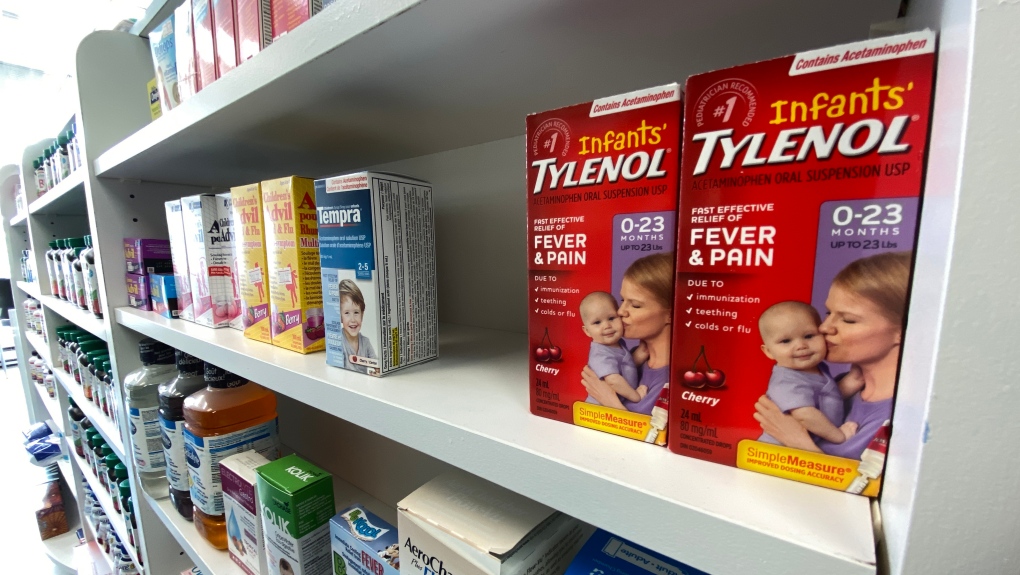Canada's Universal Health Care System in Collapse
"What we're seeing is that the health-care system isn't just getting worse, it's getting worse faster. The rate of deterioration, on so many different metrics, is actually accelerating.""They [health authorities[ should be providing regular reports and providing operational leadership explaining to us what is being done to address regional shortages or crises as they appear in different parts of our province [Ontario].""[The public deserves] transparency and accountability [on the state of the province's health-care system and should not have to rely on leaked reports]."Dr. Adil Shamji, emergency room physician, Liberal MPP"There's been issues with emergency overcrowding for years. The pandemic didn't cause these problems, it just really put a lot of stress on the fractures, and it led to open breaks in the system.""I'm seeing patients in my urgent care side, who I should be examining in a stretcher. It's not good care for them, and it also increases the wait time for everyone else.""There's very little privacy. Confidentiality concerns occur and there are sometimes questions of 'Am I able to fully and properly assess the patient'?"Atul Kapur, emergency room Physician, co-chair Public Affairs Committee for the Canadian Association of Emergency Physicians"To ensure that patients and caregivers understand what medication they are consuming, if manufacturers get foreign supply, work will be done in partnership with providers to add information in both official languages."Health Canada"We have already seen [labelling] exceptions that were made during the pandemic.""I think this was a mistake. This mistake should not be repeated. We must respect the francophone minority and it is also a matter of health and safety."NDP deputy leader Alexandre Boulerice
 |
| Children's pain relief medicine are seen at a Toronto pharmacy Wednesday, August 17, 2022. Two Ontario pediatric hospitals say they're facing shortages of common pain relievers amid supply disruptions in some parts of the country. THE CANADIAN PRESS/Joe O'Connor |
A leaked Ontario Health five-page report on "access to care" in the province of Ontario up to September indicates that emergency room wait for in-patient bed and ambulance off-load times to be at their worst levels in over ten years with nine of ten patients waiting up to 45 hours for a hospital bed. Patient length of stay was up 12 hours, patient offload time increased 17 percent from a year earlier at 90 minutes -- resulting from longer processing times.
Children's hospitals in Ontario are similarly overstretched, the pressure so great on them from the incoming volume of children and infants infected with respiratory illnesses they have asked other hospi8tals to absorb patient care for those over 14 years of age Pediatric viral illnesses, in particular respiratory synctial virus (RSV) and flu hitting the young earlier in the season and more seriously than ever before.
At the very same time that children have been flocking to hospital emergency rooms in droves awaiting admission with few beds available and overworked staff tending to their needs, children's acetaminophen and ibuprofen is entirely unavailable to help parents treat their children at home. Some desperate parents have taken to driving to U.S. border points to access those medications available there in abundance.
The formulation of adult acetaminophen for both adult and children versions is the same. A compounding pharmacist would be able to produce child doses and preparations should they be given clearance to do so, or at the very least given leave to advise parents how they could transpose one to the other in correct crushed-pill dosages. Assuredly, however, parents would have more confidence in being able to access the correct dosage directly.
The problem with importing the products into Canada from international sources where it is plentiful is compounded by Canada's bilingual labelling policies. Health Canada hesitates to waive rules around bilingual labelling leading them to disallow importation of pharmaceuticals labelled unilingually. "Canada's children's Tylonol shortage is getting worse -- and bilingual labels are part of the problem" reported the Toronto Star, quoting the head of the Ontario Pharmacists Association urging action to avoid "a precarious position throughout the winter".
Under these circumstances it might seem reasonable to most people that the bilingual labelling requirements be suspended temporarily to spell relief from the situation. The very suggestion of which has rallied Quebecois to huff and puff with indignation: "Bilingualism harms children's health -- haven't heard that one before", sniped a columnist with La Presse.
:format(webp)/https://www.thestar.com/content/dam/thestar/business/2022/11/09/canadas-childrens-tylenol-shortage-is-getting-worse-and-bilingual-labels-are-part-of-the-problem/tylenol_shortage.jpg) |
"[Health Canada is] obviously concerned about the supply of this essential medicine [and officials are in touch with manufacturers, pharmacists, as well as provinces and territories about the issue.].""Let’s be very clear. The situation is under relative control. No one needs to, you know, be so afraid as to rush and accumulate tons of drugs and medicines.""Our system in Canada is a very solid one, supported by appropriate regulatory and monitoring activities within the federal government… This being said, we – and I have shared that very clearly with Health Canada – we need to be in touch with provinces and territories to see how they can use their own network, because they are the ones with physicians and pharmacists that have the greatest control."Federal Minister of Health Jean-Ybes Duclos
Labels: Bilingual Labelling, Children's Pharmaceuticals Shortage, Demoralized Hospital Staff, Health Canada, Hospital Emergency Room Closures, Understaffed Hospital Personnel

0 Comments:
Post a Comment
<< Home